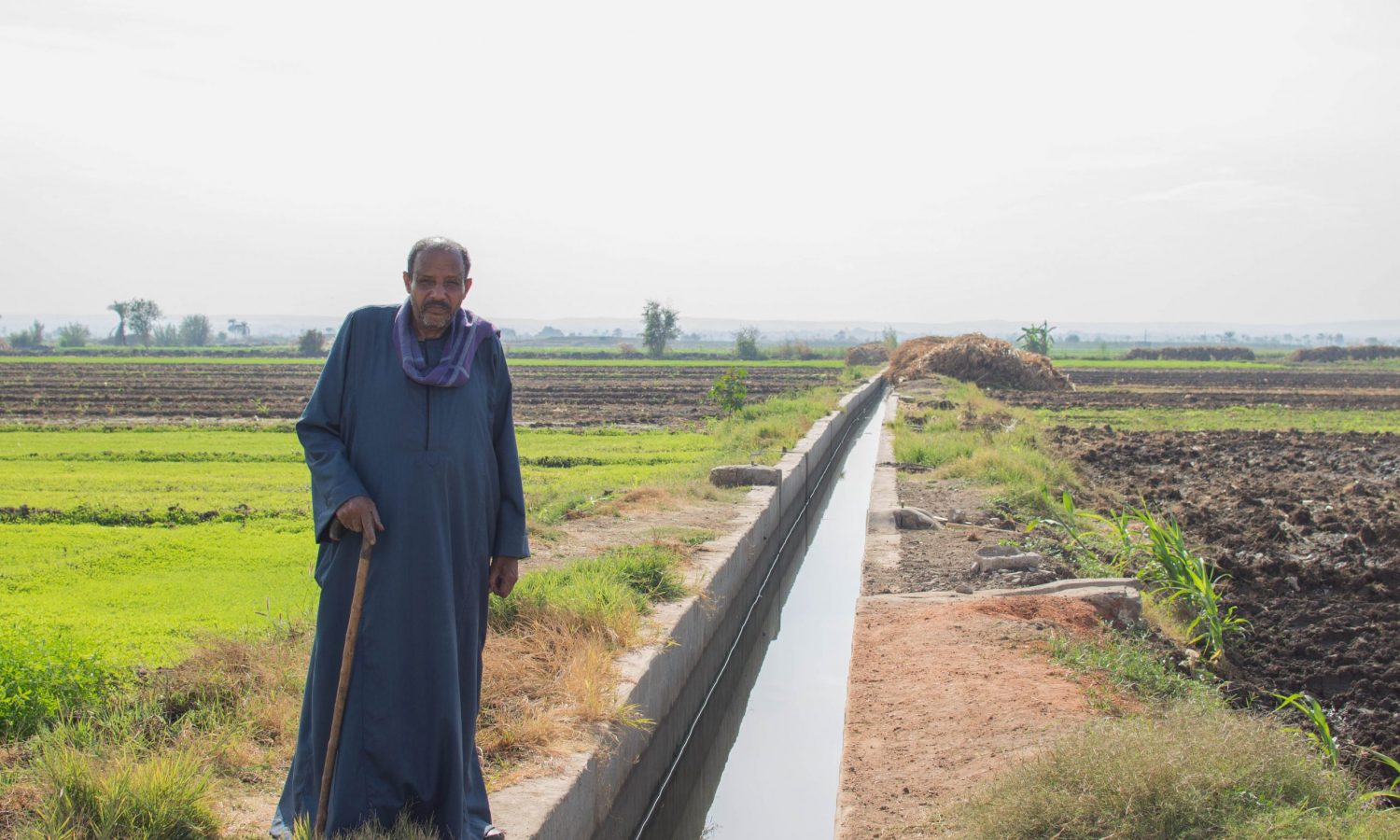Egypt to enhance water security cooperation in Africa

Egypt is pushing to reinforce its cooperation with various African nations in order to confront the pressing challenges of water and food security, according to Asharq Al-Aswat on June 28th.
An official statement by the Egyptian Cabinet on June 27th quoted Egyptian Minister of Irrigation Hani Sewilam: “Water issues are a shared challenge that grows more severe due to climate change and resource scarcity, especially given Egypt’s near-total dependence on Nile water.”
Speaking at a celebration of Djibouti’s 48th independence anniversary at the Djibouti Embassy in Cairo, Sewilam stressed that cross-border cooperation firmly rooted in international law would be the optimal method through which sustainable water resources can be secured.
The issue of water security is often raised by Egypt, particularly over fears that the Grand Ethiopian Renaissance Dam will inhibit their water shares. Ethiopia built the dam in 2011 on the main tributary of the Nile to generate electricity.
Former Assistant Foreign Minister and Deputy Chairman of the Egyptian Council for Foreign Affairs, ambassador Salah Halima, highlighted that river management and dam operations are closely linked to water security. Speaking to Asharq Al-Aswat, he said that Cairo frequently emphasises the importance of respecting international agreements and laws on the management of water resources. He also criticised Ethiopia’s unilateral imposition of a de facto situation regarding the dam.
Halima continued, adding that cooperation in dam construction and water management among states is vital to achieving water security, citing Egypt’s valuable experience which can be used to aid African nations.
This experience emanates from the domestic water supply deficit of 30 billion cubic metres per year that Egypt is forced to manage. While the nation consumes over 85 billion cubic metres annually, its share of Nile water is only 55.5 billion cubic metres. Groundwater extraction, seawater desalination projects, and recycling agricultural drainage water are used to narrow the deficit, according to the Ministry of Irrigation.
On June 27th, Seliwam highlighted the enduring ties between Egypt and Djibouti as a prime example of bilateral cooperation which shares unity and vision, a necessity to confront complex regional and global challenges. He added that a thorough understanding of the scale of these challenges – ranging from peace and security to socio-economic stability and sustainable development – is a vital first step towards addressing them, especially in the Arab and African regions.
A memorandum of understanding between Egypt and Djibouti’s Ministry of Energy and Natural Resources is being finalised. It secures cooperation in fields such as integrated water resources management, desalination technologies, groundwater recharge, capacity building, knowledge exchange, and joint research.
Egyptian Minister of Agriculture Alaa Farouk reiterated Egypt’s commitment to cooperating with African countries to cultivate more inclusive, efficient, and sustainable agricultural value chains. He said that doing so is integral to food security, economic growth, and job creation, which will benefit rural areas the most. Farouk also discussed promoting Egyptian investment in Africa to enhance continent-wide agricultural development and food security.
Asharq Al-Aswat
Want to chase the pulse of North Africa?
Subscribe to receive our FREE weekly PDF magazine













